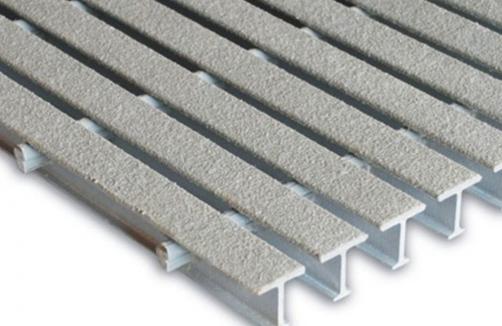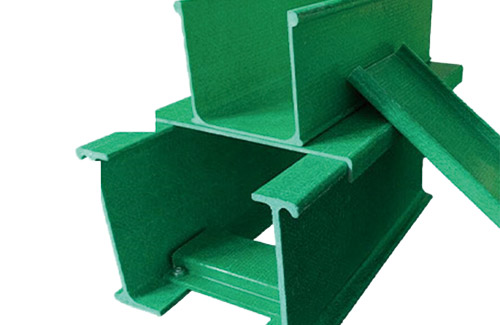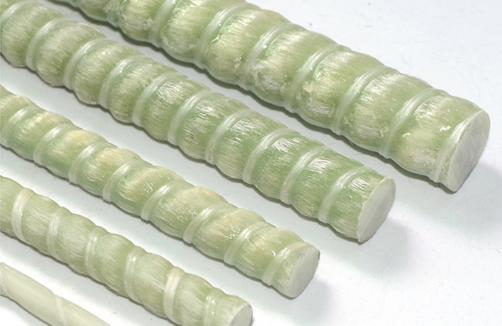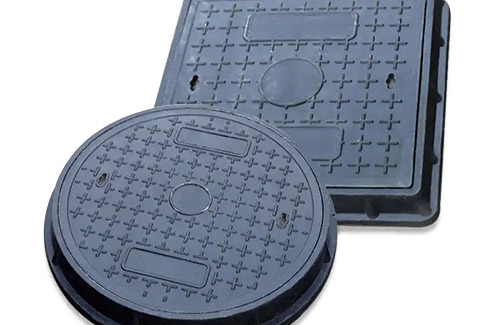Fiberglass reinforced plastic (FRP) grating is a type of plate-like material with many spaces, which is reinforced with glass fiber and unsaturated polyester resin as the matrix. It is specially processed and composite. FRP grating can be used as structural material for floors, trench covers, channels, ship decks, stairs, pallets, etc. in corrosive environments.
The grating is woven by interweaving glass fibers and molded with resin casting. It is made of fiberglass grating panels with many regularly scattered rectangular and square spaces, which have bi-directional isotropic mechanical characteristics. It can be widely used in industries such as petroleum, chemical electronics, power, paper, printing and dyeing, electroplating, marine exploration, sewage treatment, etc. It is an ambitious product in corrosive environments and is also suitable for civil construction facilities.
Due to the presence of corrosive liquids and gases, the metal formed in these areas corrodes rapidly. Despite the use of anti-corrosion layers and other methods, the corrosion of components is still very alarming. Not only does it create a harsh production environment, but it also affects safe production. Sometimes, production and maintenance have to be stopped. Using FRP grilles as structural data in these areas can achieve very good results. It has a long service life, low cost, and is safe and reliable, No need for protection, and a series of advantages such as beautiful and elegant appearance. This type of product has been in use for more than 30 years in the United States, and the production, use, and sales of FRP grilles have been standardized, serialized, commercialized, and in considerable quantities. In the reconstruction operations of oil fields in the Gulf region and the Middle East, experts have concluded that the use of FRP grilles is economically reasonable and therefore is being widely used. FRP grilles are also being used in regions such as Asia and Singapore.








